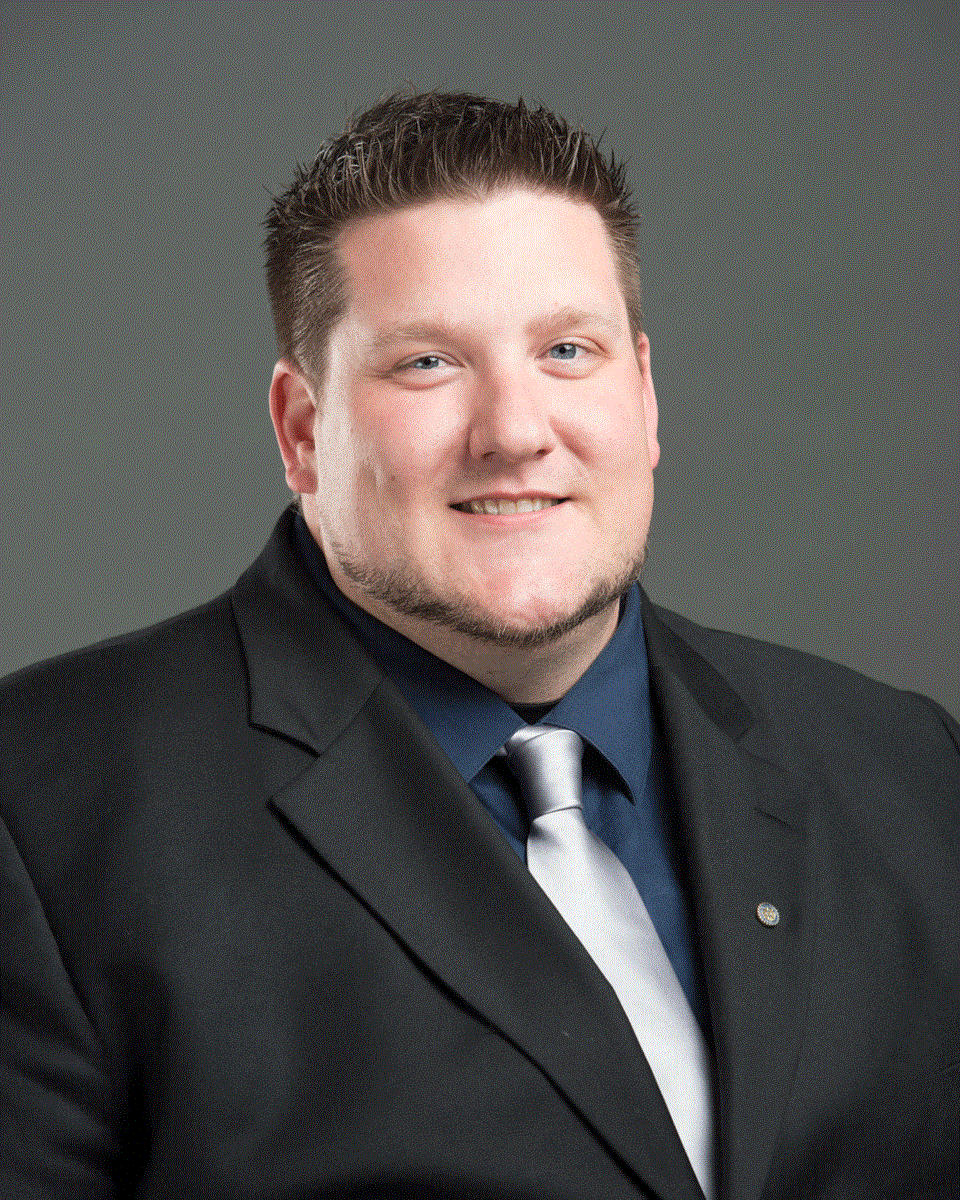Estevan delegates who attended the Saskatchewan Urban Municipalities Association (SUMA) convention in Regina had a busy schedule, filled with meetings, workshops and other functions.
Councillors Lori Carr, Trevor Knibbs, Dennis Moore and Kevin Smith were joined by Jeff Ward, who is the city manager and the acting city treasurer, for the convention from Jan. 31 to Feb. 3.
“I couldn’t believe the size of the crowd in the one ballroom,” said Ward, who was attending the convention for the first time. “In the one ballroom, there were 481 delegates. That’s a very large group of people to have focused.”
Much of the emphasis was on conflict of interest legislation, which has been an important issue for municipalities, since the reeve of the Rural Municipality of Sherwood was ousted last year over a conflict.
Estevan city council passed a bylaw last month to deal with how they handle such conflicts.
“We’re just making sure that all public officials are on the same page in regards to conflict of interest, and making sure that they’re declaring when there may be a perceived conflict,” said Ward.
Other sessions dealt with trade agreements for Canada and western provinces, and tendering processes.
Delegates listened to a variety of speakers including Premier Brad Wall, who confirmed there would be a deficit in this year’s budget, and likely one for next year as well.
“He did indicate through all the provinces, and all the people he has talked to, that the biggest concern is with water and sewer projects,” said Ward. “Whether it’s water mains, water treatment plants or waste water treatment plants, I think most of these were likely developed at the same time, and they’re now at the end of their useful life.”
Cabinet ministers participated in the annual bear pit session during the final day of the SUMA convention, and the opposition New Democratic Party attended the convention.
“A lot of the questions asked did relate to health-care, which is often the crux of the discussion there, but also infrastructure funding,” said Ward. “The federal government indicated that $1 billion would be paid out to Saskatchewan and Alberta, so everyone’s kind of waiting to see how this is going to be distributed.”
The provinces are still waiting for answers to find out if the money will be doled out based on population, project or need.
CBC political analyst Chantal Hébert was the convention’s keynote speaker. She provided an eastern Canadian’s perspective on the proposed Energy East pipeline.
The delegates also went through their usual assortment of resolutions. One of the most contentious was whether vaping, which is growing in popularity as an alternative to smoking, should be allowed in public places.
Delegates approved a motion for vaping to be viewed as the same as smoking.
“There was some resistance,” said Ward. “There were some comments that these are people who are trying to better their health, they’re trying to stop smoking. They wondered why are we inhibiting people from trying to help themselves?”
Advocates for the motion noted health issues associated with vaping haven’t been scientifically proven yet, while others are concerned with the image of people holding e-cigarettes, even though they aren’t actually smoking.
The City of Saskatoon has already banned vaping in public places.
There was also extensive discussion about the Building Canada Fund, which was created as a stimulus program. It currently doesn’t support projects that are already under construction. Communities that have started on necessary projects such as water treatment plants want to be eligible for Building Canada.
Ward noted smaller communities are really advocating for the change.
“The provincial government said that as much as they’d like to advocate the federal government, this was a Canada-wide program,” said Ward.
SUMA delegates also passed a motion that expressed their support for the Energy East Pipeline.
Ward noted delegates discussed 19 motions during the convention, covering such issues as burning stubble in rural municipalities, tackling the cost of decommissioning landfills, monitoring water quality and failing to yield to emergency vehicles.
There was also a motion to include fire protection for off-site development levies, but Ward doubts it would be included locally unless the city does a complete review of their levy structure.




